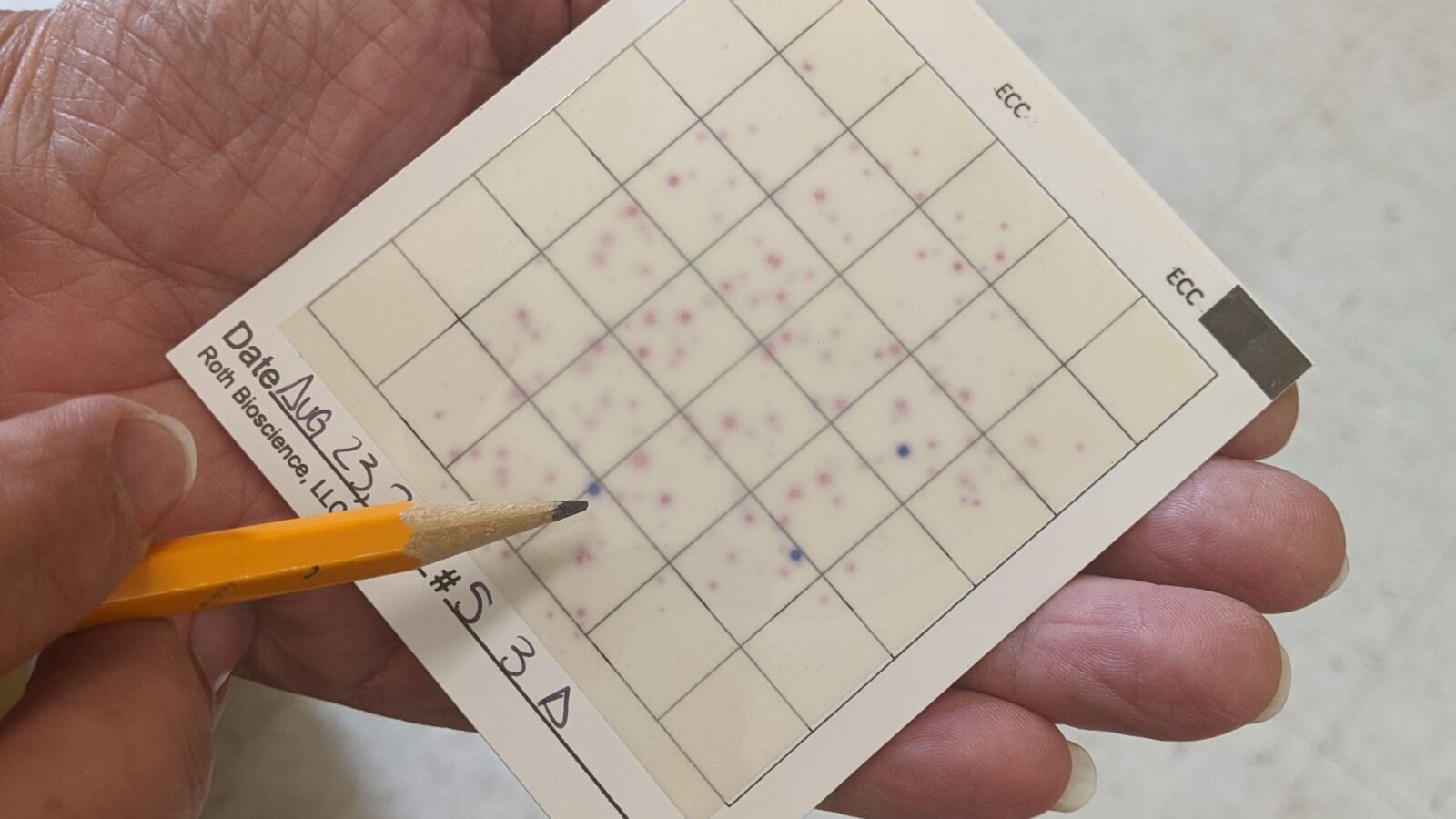Bacteriological Monitoring
Bacteriological monitoring is focused on detecting concentrations of E. coli and other bacteria in water, which serve as indicators of contamination. It helps determining if water meets water quality standards for drinking, swimming and aquatic life. Monitors are trained in bacteriological testing, water quality standards, plate techniques, bacterial counts and site selection. Data from this type of monitoring is compiled in the statewide, citizens database. Training is conducted in two hour sessions where citizens are trained in bacteriological testing for E. coli and other coliform bacteria. Workshop objectives include:
- An introduction to bacteriological testing and water quality standards
- Demonstration of collecting and inoculation techniques and bacterial counts
- Discussion of site selection.
Monitoring Supplies
Bacteria Test Kit (per sample – 3 replicates)
Approximately $10.00 (depending on quantity discounts and shipping charges)
A test kit includes enough supplies to collect three replicate samples at each sampling site. The average of three replicates provides a much more reliable estimate of the actual number of bacterial colonies than a single sample.
Roth Bioscience, LLC
1303 Eisenhower Drive S.
Goshen, IN 46525
Email: hello@rothbioscience.com
Phone: 574-533-3351
Roth Bioscience contact information
R-CARD® ECC-A (sold in packs of 25, 100, and 500)
$2.55 – $3.15 per card (depending on quantity discounts)
1-mL sterile-wrapped pipette (sold in packs of 10, 25, and 100)
$0.30-$0.50 each (depending on quantity discounts
Incubator
The incubator for culturing bacterial samples can be made for less than $10. A small cooler or other type of insulated container with a lid may be used as an incubator. Uniform temperatures may be maintained using a small light bulb such as a night-light attached to an extension cord. Use a piece of cardboard or plastic to shield the sample plates from direct light. A thermostat is not needed. The number and/or wattage of bulbs may be adjusted to maintain the proper temperatures, depending on the ambient room temperature and size of incubator. For example, a 4-watt bulb in a 1 cubic foot container usually makes a good incubator. A thermometer is needed to determine ambient incubator temperature. This can be obtained from the AWW water chemistry test kit or a dial thermometer found in garden centers and hardware stores. The thermometer should be placed within the incubator away from the heat source or inserted through the lid so temperature may be read without opening the container.
Monitors can purchase high-quality, economic incubators from GQF Manufacturing Company the Hova-Bator Table Top Incubators.
